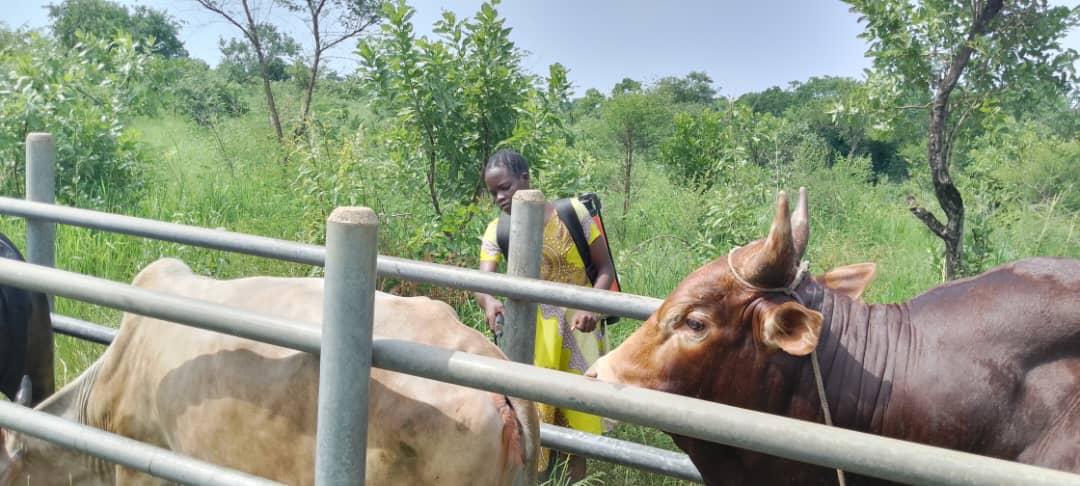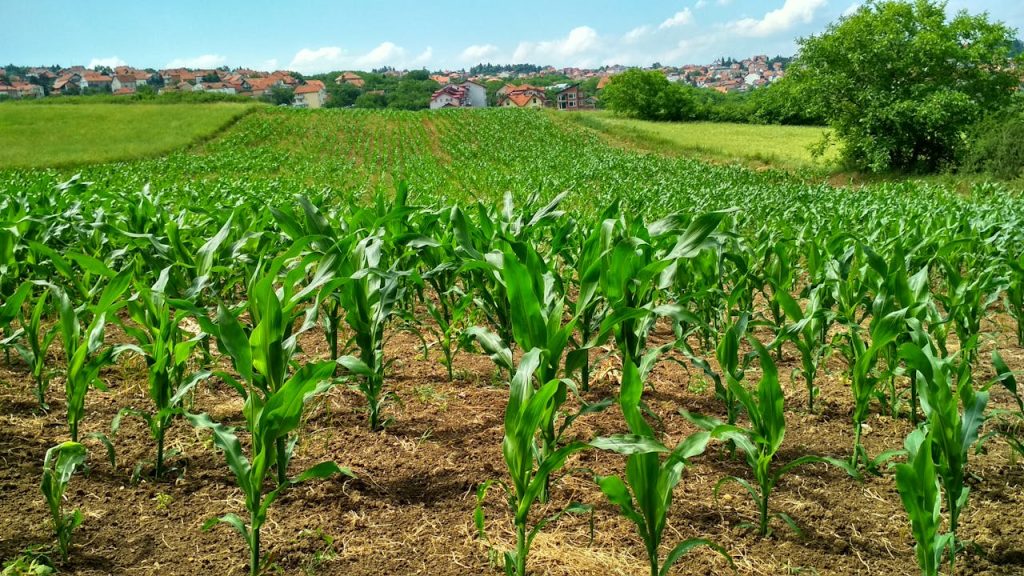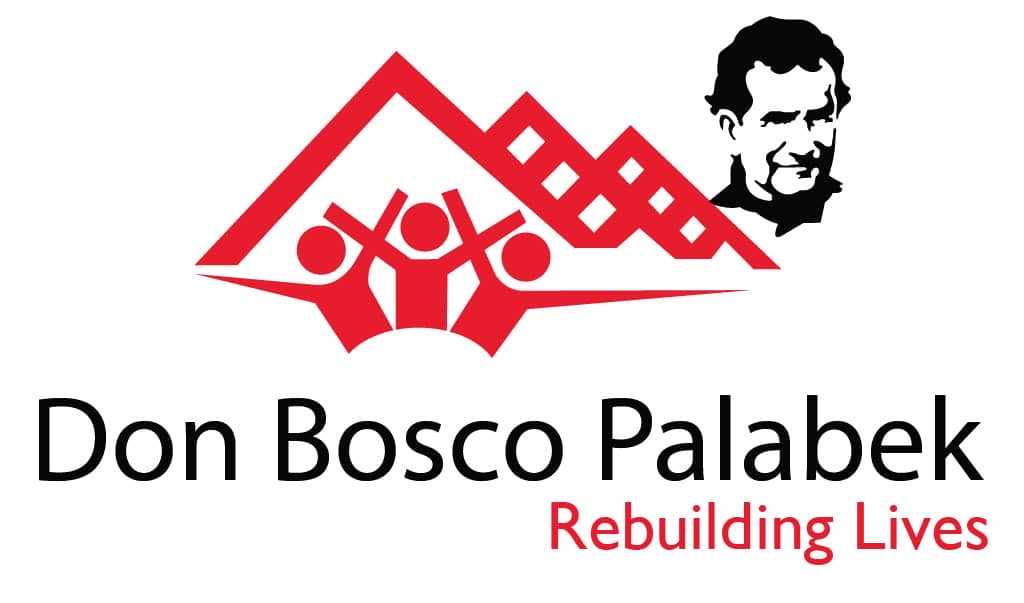
Where Gardens Meet Sustainability
Don Bosco VTC Agricultural activities
Students enrolled in the Agriculture program frequently benefit from a diverse array of activities. Among these are the cultivation of various crops and the raising of different types of livestock. These hands-on activities are conducted collaboratively by the students and their instructors, providing practical experience and education. The agricultural products harvested and produced through these endeavors are utilized by the student body for their nourishment and educational purposes. Additionally, surplus produce is sold to the surrounding community, creating a source of revenue that supports various school operations and activities.
Crop Production
A variety of crops are being grown in the Don Bosco Demo farm example are Sweep potatoes, Maize, Eggs plant, Onions, Tomatoes, Cabbages. These crops are being supplied with faertilizers to boost their production, Pesticides to guard them against pest and so on.
Piggery
To help inspire our childrens to develop desire to specialize in Piggery, we also have a piggery unit where we keep pigs that can be used for demonstration during practical by Agricultural studenst and also can be sold to other people incase needs arise.
Cattle keeping
The Don Bosco VTC Agricultural department is fortunate to have a herd of cattle serving essential purposes. These cattle are key to practical training and demonstration sessions for Agricultural students, enhancing hands-on learning. Students gain skills in livestock management and dairy production. Additionally, the cattle supply fresh milk and dairy products to the Don Bosco community. This sustains the community, promoting well-being and self-sufficiency with a reliable source of nourishment.
Poultry keeping
The Don Bosco Poultry Project is an initiative focused on promoting sustainable agriculture and empowering communities through poultry farming. It provides training, resources, and support to aspiring farmers, helping them establish successful operations. By integrating modern techniques with traditional practices, the project enhances food security and creates economic opportunities for local families. Through collaboration with community members, it fosters growth and self-sufficiency in poultry production.

Agriculture students are actively engaged in the hands-on process of creating compost manure, an essential and beneficial practice for sustainable farming. This valuable activity allows them to transform various organic waste materials—such as food scraps, yard clippings, and plant residues—into nutrient-rich compost that enhances soil quality. By learning effective composting techniques and best practices, these students gain indispensable skills in soil health management while promoting eco-friendly agricultural practices. Their involvement not only deepens their agricultural knowledge but also contributes significantly to a more sustainable approach to farming and waste reduction efforts within their communities.
